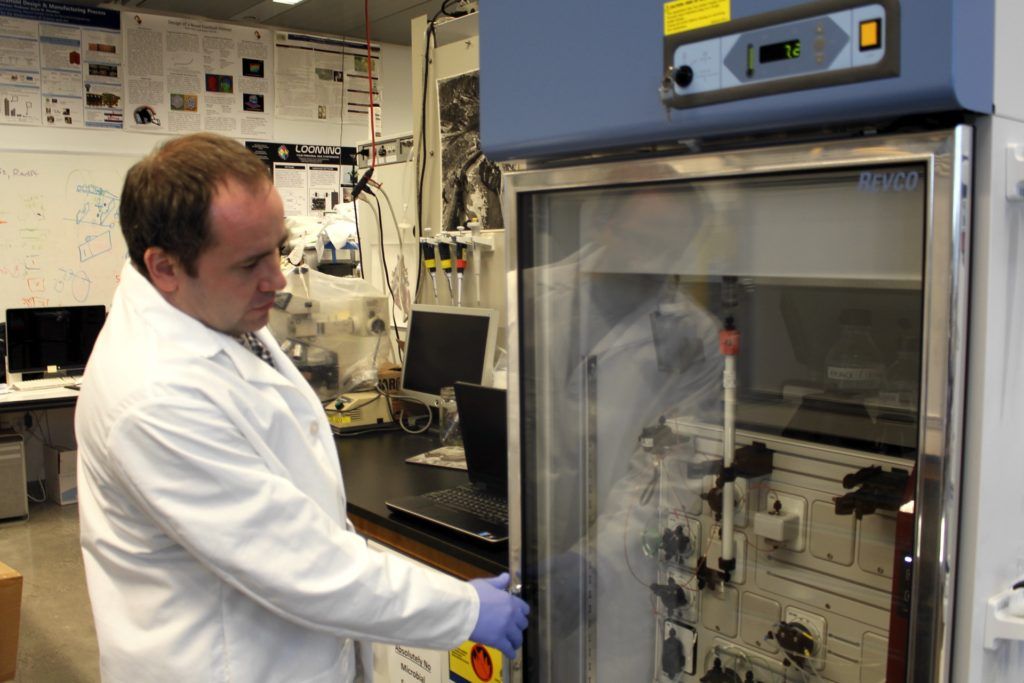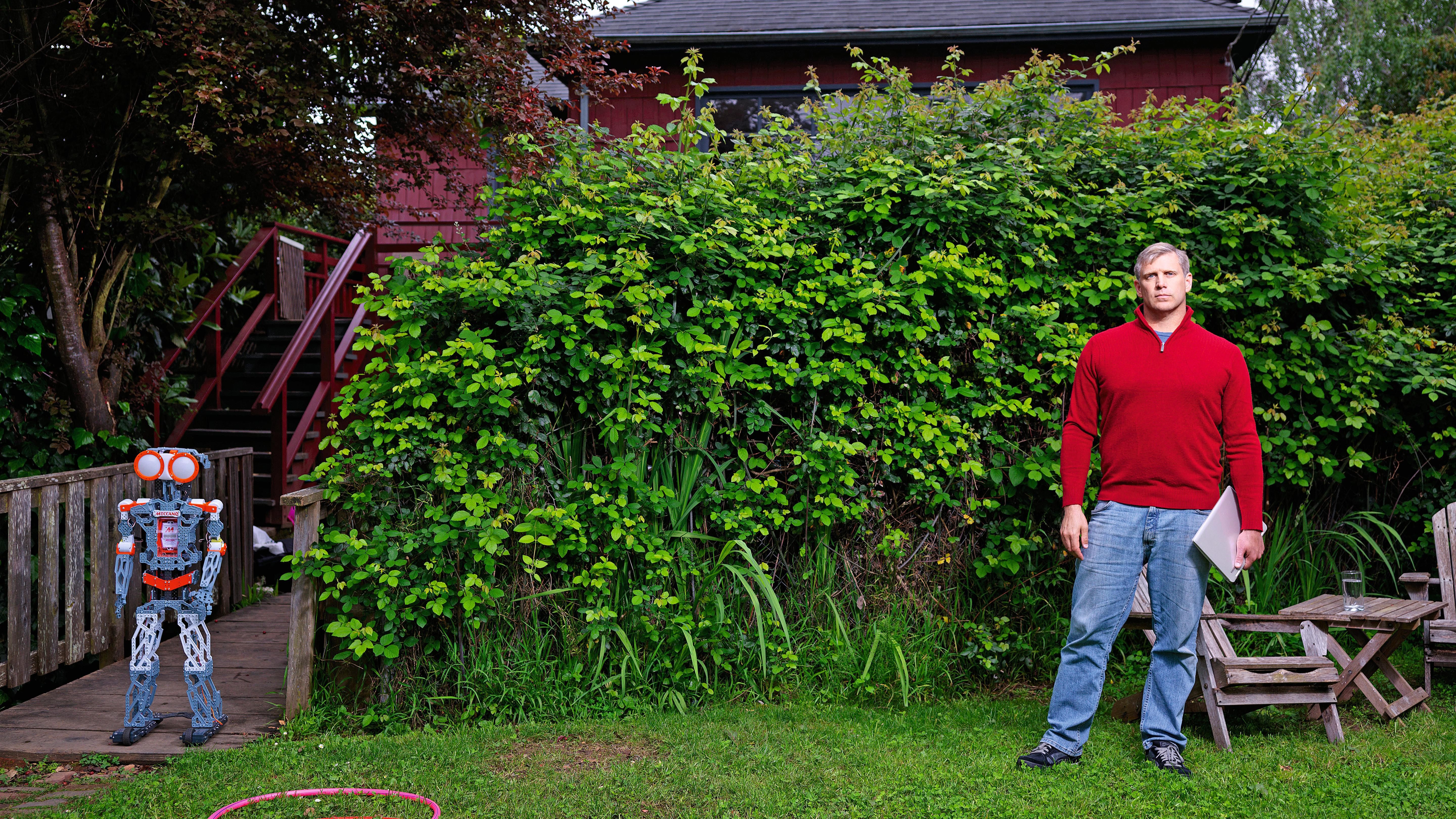There is a persistent view that life extension advocacy is something that does not require any investments and can be done in your spare time. Fundraising for overheads is like an elephant in the room: it is hard not to notice it is there, but people try to avoid talking about it.
The truth is, it all depends on how ambitious the goal of that advocacy is. Without a doubt, talking to friends about the promise of rejuvenation technologies or reposting research news on your Facebook feed is useful and it can be done for free.
But what if the goal is more ambitious – to change local legislation to make it more longevity-friendly, to convert decisionmakers of the state grant system to allocate more money to rejuvenation research, or to reach out to wealthy individuals able to fund more studies? These activities require money. In this article we will help you become more familiar with the notion of advocacy and the expenditures behind it.








